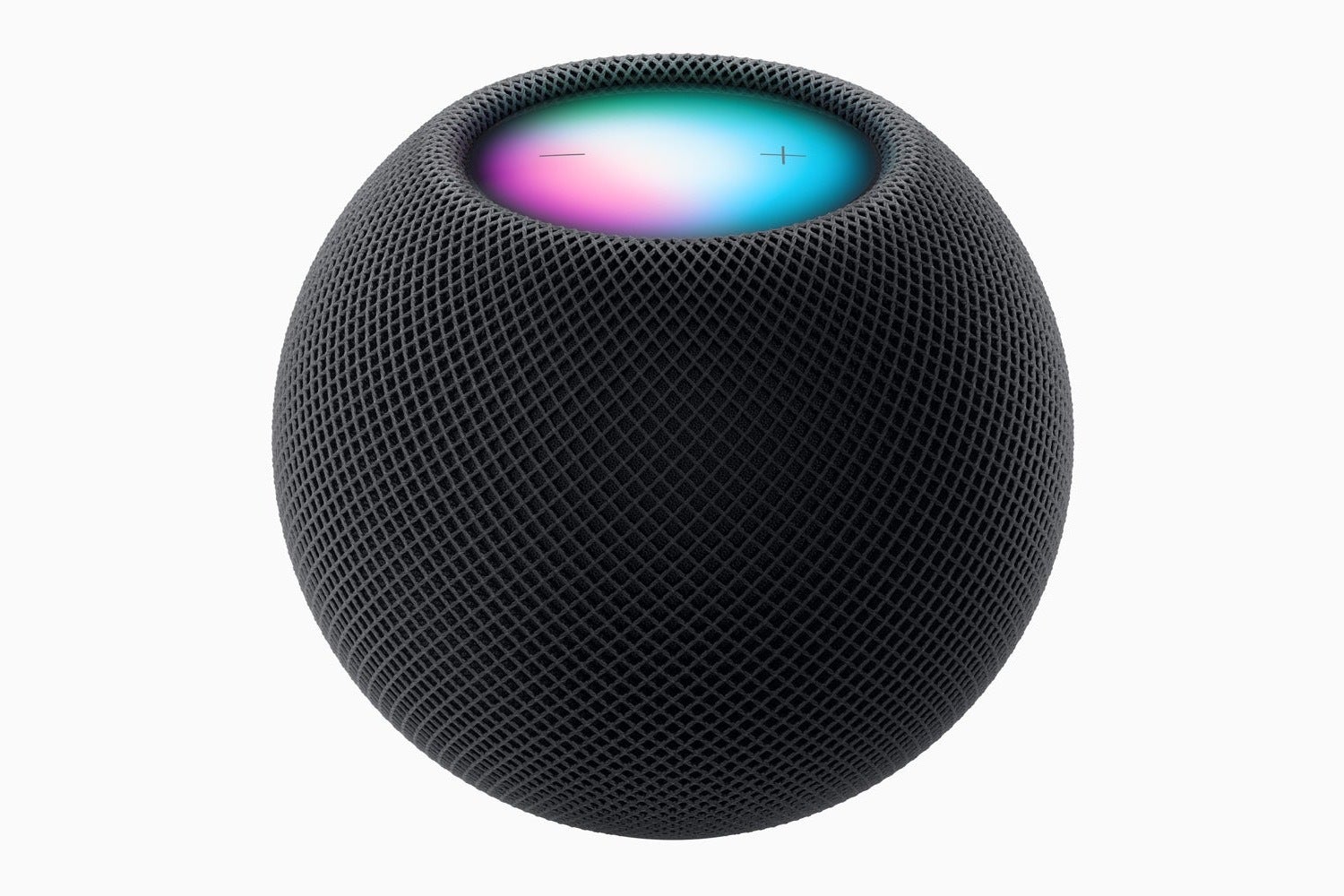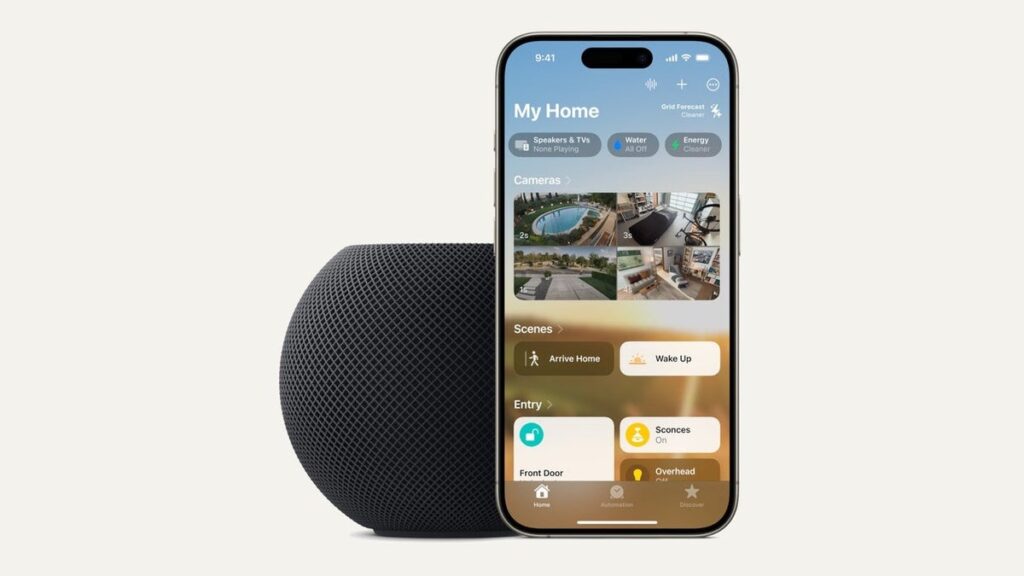Apple is planning an aggressive new strategy to conquer the smart home market, according to a new report. Despite past struggles in this area, Apple is reportedly developing a new homeOS operating system, smart displays, and high-end robotic tabletop devices.
Artificial intelligence will also play a key role in Apple’s smart home strategy. The company’s AI platform, Apple Intelligence, enables advanced home automation and precise control of devices and apps. Garman believes the robotic tabletop device, expected to cost around $1,000, will be the first “real” product built from the ground up for Apple Intelligence. The device reportedly uses AI to understand the environment and interact with users more intuitively.
On the software side, Apple is developing a new operating system called homeOS. It will be based on the tvOS platform used by Apple TV set-top boxes. The company also recently revamped its Home app, demonstrating its commitment to improving the user experience for smart home devices.


Apple HomePod Mini | Image credit — Apple
Garman points out that Apple’s previous attempts in the smart home market, such as the iPod Hi-Fi and the original HomePod, have been less successful. He believes this is due to the company’s focus on premium products and a closed ecosystem. However, Apple’s recent involvement in the development of the Matter smart home protocol signals a shift toward greater interoperability with devices from other brands.
Despite past challenges, Garman believes Apple has a chance to succeed in the smart home market. He points out that even competitors like Amazon and Google have yet to achieve complete dominance in this space. Apple’s strong brand reputation and focus on user experience will give it an edge over its rivals.
I have to admit that Gurman’s report has gotten me interested in using Apple’s Home app on my smart home devices again. I moved away from HomeKit devices a long time ago in favor of Google Home because many of the smart home devices I wanted to use weren’t supported. That, and the fact that you could use Google Home with almost every operating system you had at the time, solidified my decision. But if Apple can successfully execute its new strategy and launch affordable smart displays and robotic tabletop devices, it could redefine how people interact with their homes. And I would love to be a part of that.


